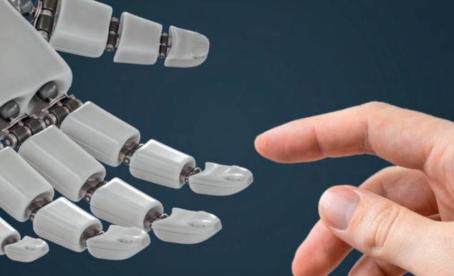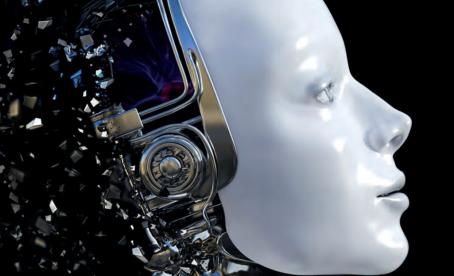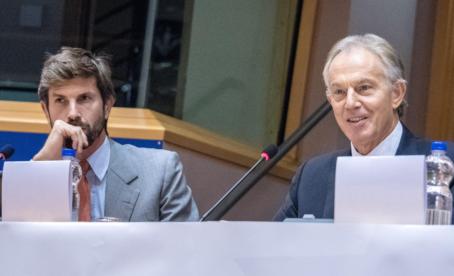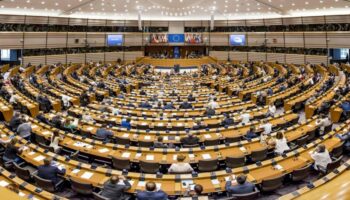Towards a Good AI Society Summit
The Summit hosted at the European Parliament, has seen keynote speeches from UK’s former Prime Minister Tony Blair, Huawei’s Chairman Howard Liang, DG Connect’s Director General Roberto Viola and Elsevier’s Chairman Ron Mobed.
The Summit has brought together more than 200 delegates and several key figures in the areas of government, industry, research and civil society to debate on how to respond to the social challenges introduced by digital technologies such as big data, the Internet of Things (IoT), cybersecurity, and social and new media. In this context, particular attention has been dedicated to how the potential benefits of AI can be realized by all.
Tony Blair
In his opening keynote, UK’s former Prime Minister Tony Blair, framed the growing and all-pervading role of AI and automation in general as possible the greatest challenge of our time.
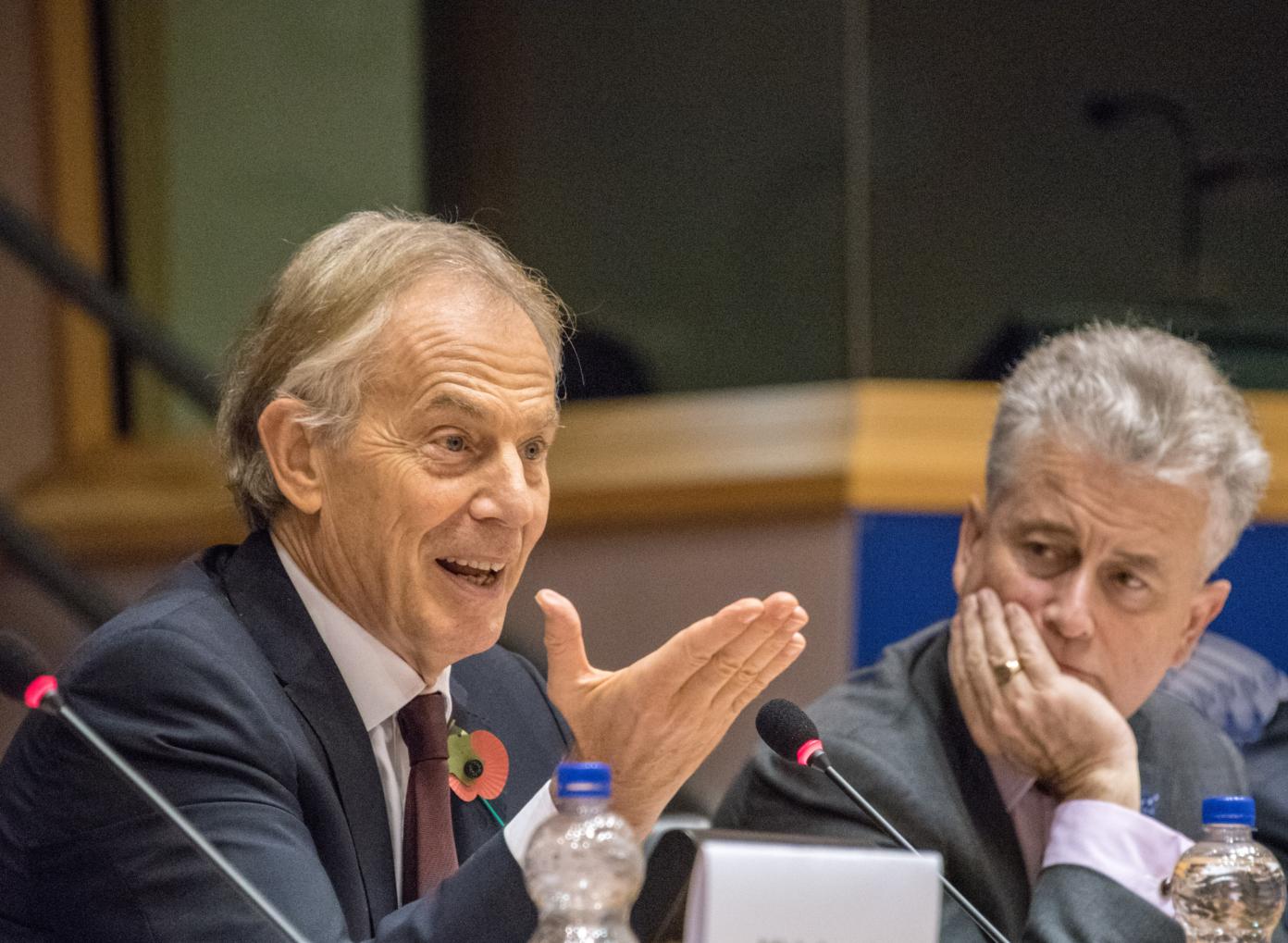
Speeches from Huawei’s Western Europe Regional Sales Vice-President, Gaston Khouri and Elsevier’s Ceo Ron Mobed underscored the opportunities for job creation and collaboration between intelligent systems and human workers to increase productivity and competitiveness as well as the need for “trusted” systems as we already have in other advanced industries.
DG-Connect’s Director General Roberto Viola, illustrated the Commission efforts to develop a set of guidelines for the ethical use of AI throught its high-level group of experts and the broader network of its AI Alliance. The Commission’s high-level expert group should be delivering ist first piece of work by the end of the year.
REISearch
The Summit has also presented the outcomes of the third year of REIsearch’s project, supported by the European Commission and Parliament to assess and improve European digital awareness and skills. Please see here for more information.
AI4People and Luciano Floridi
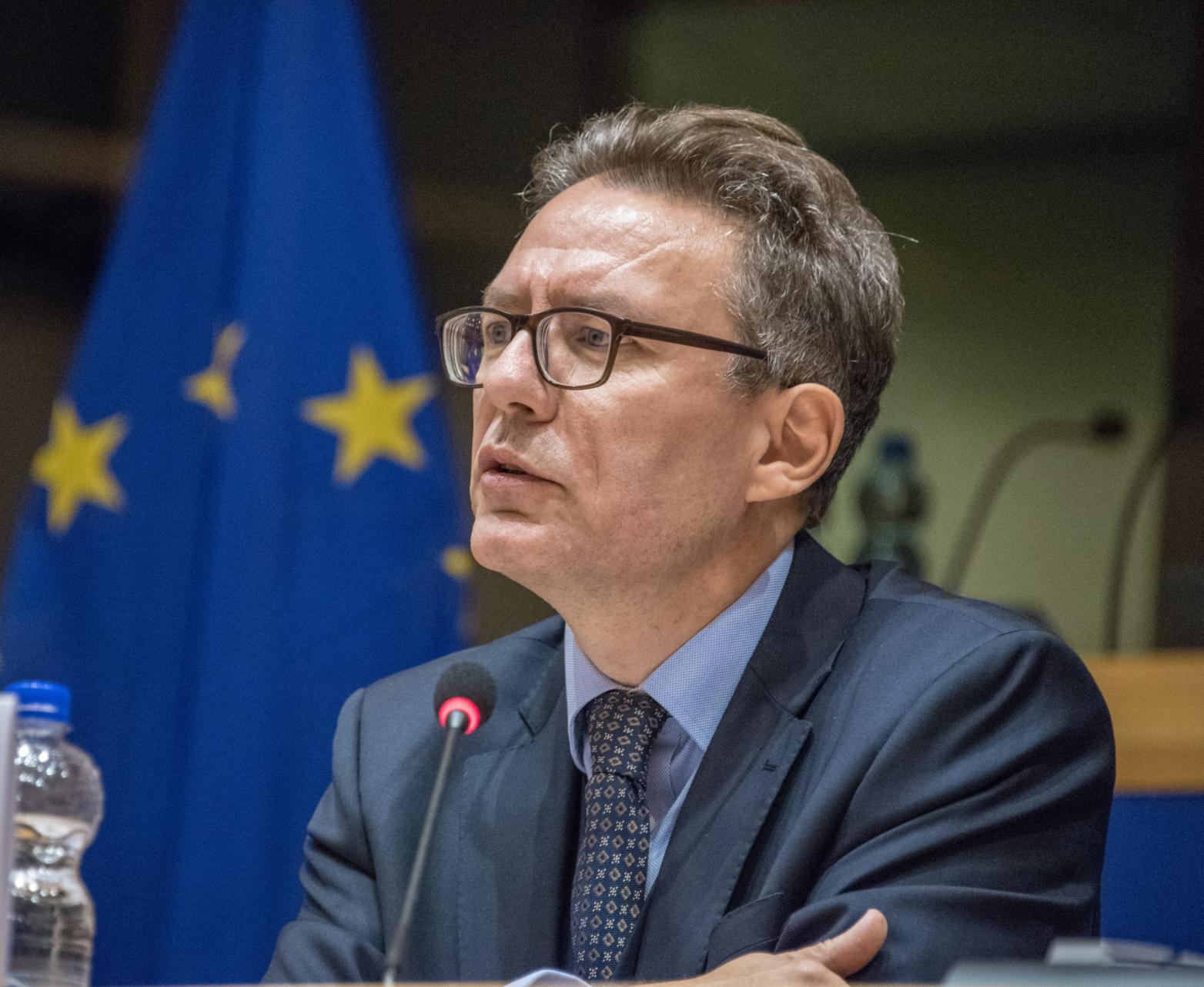
Oxford University Digital Ethics Lab director Luciano Floridi, also member of the Commission’s high level expert group, presented the result of the first year of work of AI4People, an independent effort which produced a white paper suggesting 20 guidelines for developing policy on the ethical use of AI, published in December 2018 in Minds and Machines.
The Plenary Session
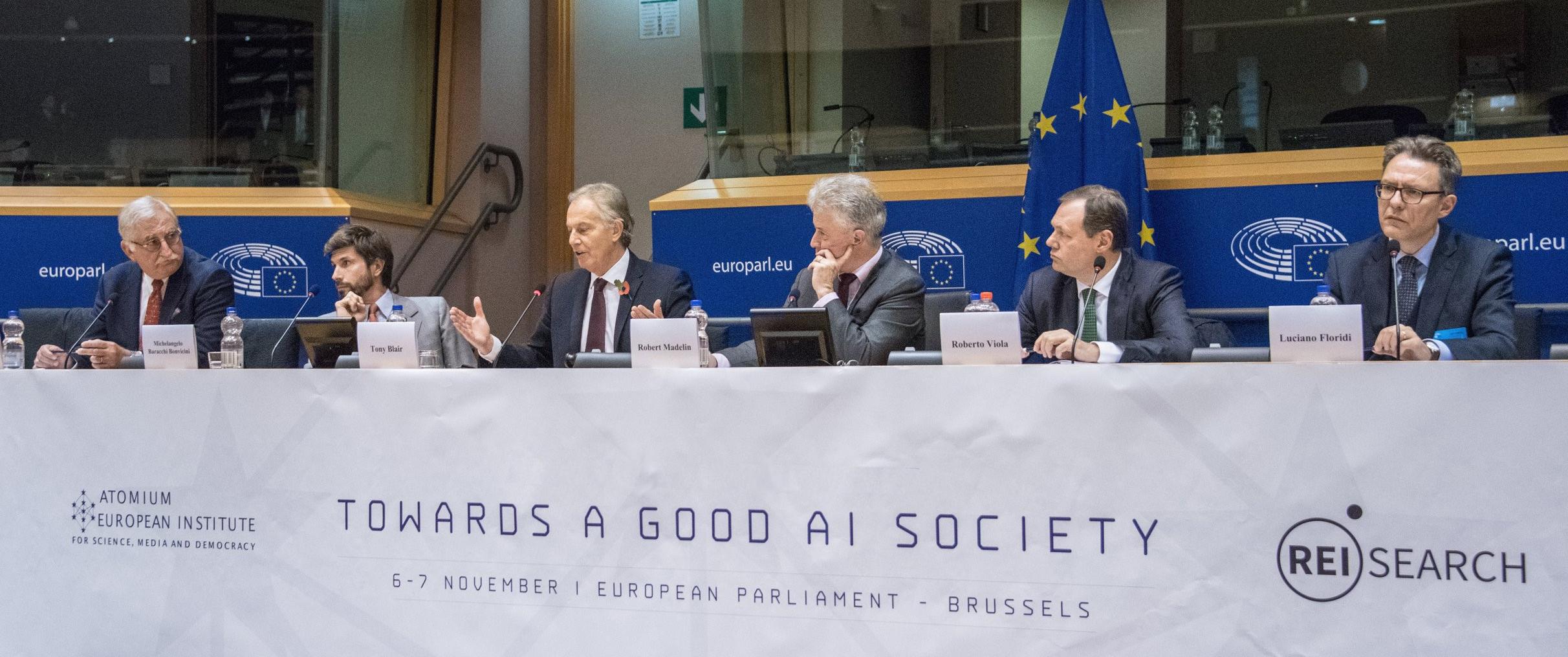
The Plenary of November 7th summed up the work of the three breakout sessions:
- The session on Workers and the digital industries, chaired by Europe Cancer League’s Wendy Yared, underscored the importance of incentivizing the development of skills and support for continuing education.
- The session on Citizens and the digital society, chaired by Fondazione Bassetti’s Angela Simone, stressed the importance of improving citizen engagement on digital automation issues; the growing importance of digital humanities in the tech sphere and the need for more inclusion and diversity in this new space.
- The session on Consumers and the Digital economy, chaired by REIsearch Editor in Chief Guido Romeo, raised many issues on the need for a better regulation of AI based services to counter possible effects of discrimination as well as the need for a clear explicability of automated services.
Conclusions
In the final remarks, Mady Delvaux, MEP, Vice Chair Committee for the Legal Affairs, stressed the need for more investment in AI based technology in Europe as well as in people and the risk for Europe research excellence being overtaken by China and the US while Patricia Fernández de Lis, Science Editor at Spain’s El Pais, stressed the need for AI technicians and researchers to break out of their silos and engage in a wider discussion with society stakeholders at large as this dialogue is presently not taking off.
The closing remarks delivered by Robert Madelin , former Director-General DG Connect, and moderator of the Summit identified 8 crucial points emerging from the Summit:
1. AI is a great opportunity for Europeans but policymakers and stakeholder should be realistic about what its can do for citizens.
2. Intelligent systems will not replace humans but collaborate with them, improving work conditions and safety as well as making European companies more competitive.
3. Ethics play a key role and before and beyond regulation but a common language remains to be found to incorporate principles into technologies.
4. Policy makers, citizens and technologists need to connect at a global level be impactful in this domain.
5. Trust in new intelligent systems is a key asset to develop and more more education is needed to make this happen.
6. The challenges are not only about AI but also about how we regulate data and information.
7. The development of the AI Alliance, AI4People and other initiatives outside of Europe are all part of a global conversation.
8. Action is needed in policy making as the technology sphere is moving fast.
For more information about the outcomes please see here.

